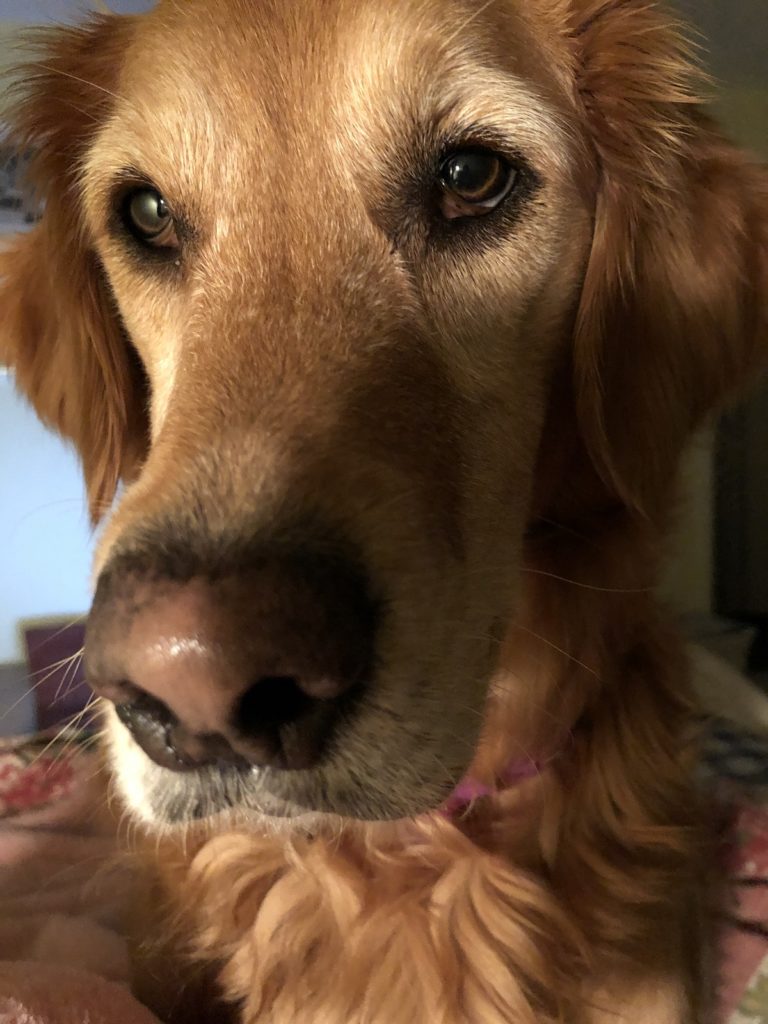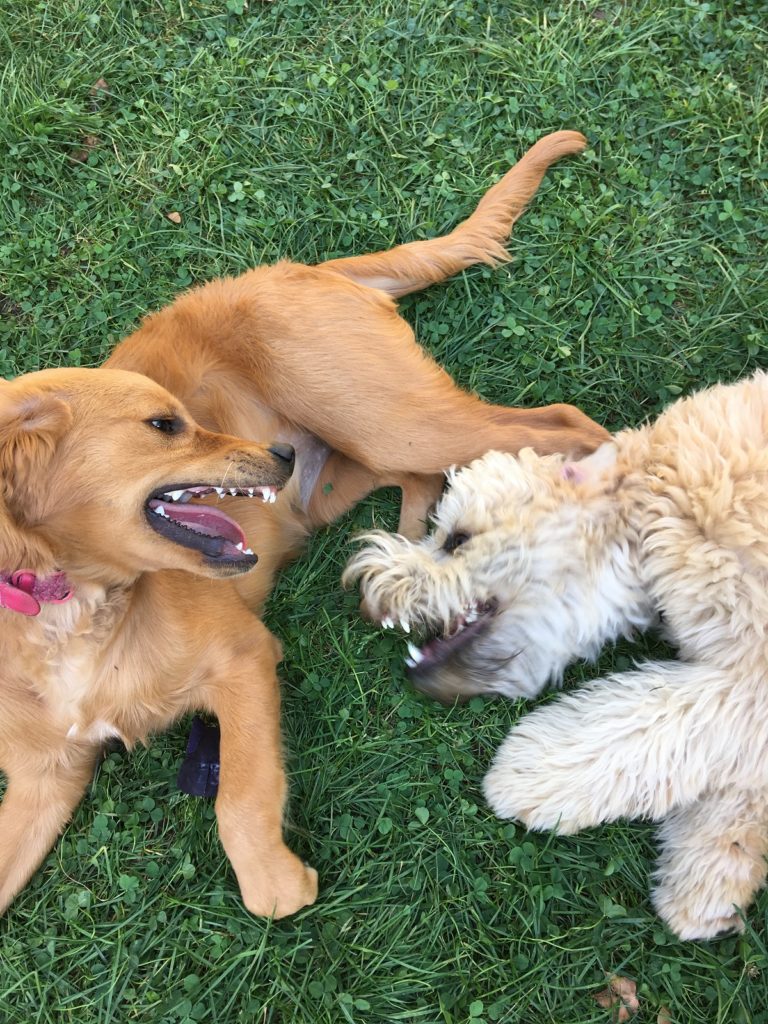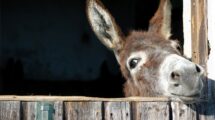By Iris Winston
Do animals grieve? Can there be any doubt that they do?

We are not just talking about particularly famous cases such as that of Greyfriars Bobby, the terrier who mourned his dead owner—John Gray, a nightwatchman for the Edinburgh police—and guarded his grave for 14 years, until his own death in January 1872.
Then there was Hachiko, the Akita who headed for the local train station in Japan at the same time daily for more than nine years, trying to meet his owner, Professor Hidesaburo Ueno, at the end of the workday. Though Hachiko waited in vain because Ueno had died of a cerebral hemorrhage, the dog’s pilgrimage continued until his own death in 1935.
There are many other examples of loyal dogs and cats mourning their owners or trekking across the country until they are reunited with their much-loved humans.
There are also numerous instances of the profound sadness of animals who have bonded with each other and have been separated because one of the pair has died or has moved away. It may be as simple as two cats, siblings who have been together since birth, with one dying a few months before the other or two cats living next door to each other who are separated when one of the owners moves away.
It might not even be a situation of two pets loving each other. It could be that one of a pair of geese—a breed that tends to mate for life—being shot by a hunter. The surviving bird may refuse to leave the side of the injured or dying mate and will mourn in seclusion. As with humans, some birds may eventually find another mate. Others choose to remain alone for the rest of their lives.

While we cannot be certain that animals’ feelings mirror our own when we lose a partner, there have been numerous studies that indicate emotional similarities through the stages of loss. Dr. Mark Bekoff of the University of Colorado points to brain imaging studies that demonstrate dogs displaying similar emotions to human beings, particularly with regard to grief. He offers examples of elephants, sea lions, dolphins and foxes, even magpies, grieving over lost infants or mates.
His description of a ritual that parallels a human farewell is especially noteworthy. He writes: “I once happened upon what seemed to be a magpie funeral service. A magpie had been hit by a car. Four of his flock mates stood around him silently and pecked gently at his body. One, then another, flew off and brought back pine needles and twigs and laid them by his body. They all stood vigil for a time, nodded their heads, and flew off.”
Famed primatologist Jane Goodall has frequently pointed to the many similarities between chimpanzees and humans. With only a one percent difference in their DNA composition, it is not surprising that both species express grief when loved ones die, particularly mourning the loss of their young or a parent to whom they were particularly close. For instance, she tells of Flint, who so loved his mother, Flo, that he could not bear to go on without her and starved himself to death.
Not all grief in animals is so extreme. As the emotional pain varies in humans in intensity and endurance, so it varies in all animals. But, especially with dogs, it’s important to watch for changes in behaviour and mood that can indicate they are suffering. Panting, whining or pacing are signs of stress. Loss of appetite and subsequent weight loss are further red flags, as are lack of interest in normal activities such as going for walks or playing. General listlessness, lack of energy and sleeping more than usual are other indicators to note.
The best way to comfort a sad animal, whether he’s mourning the loss of another human or animal member of the pack, is to give him more of yourself. Comfort is unquestionably provided through your presence, your affection and your conversation. But, as with us all, overcoming grief and dealing with the loss of a loved one takes time.
Almonte, Ontario, writer Iris Winston is a former executive director of the Canadian Federation of Humane Societies. She has been an animal lover all her life. Her pets have always been important members of her family.






